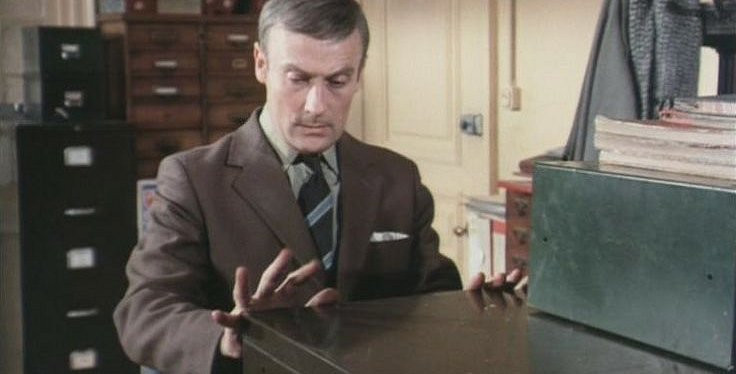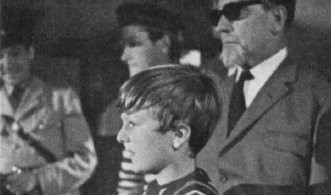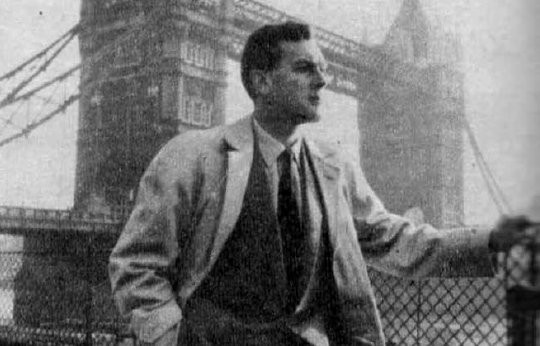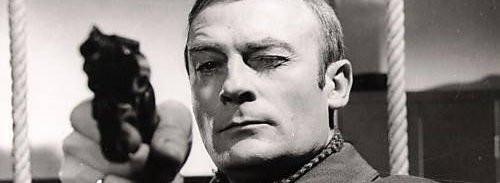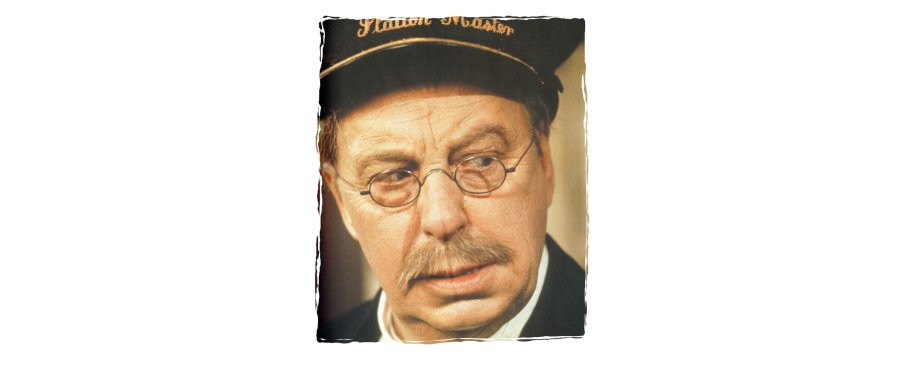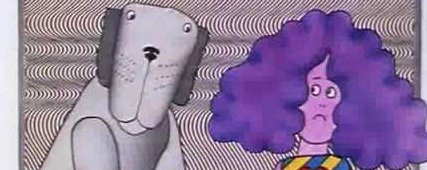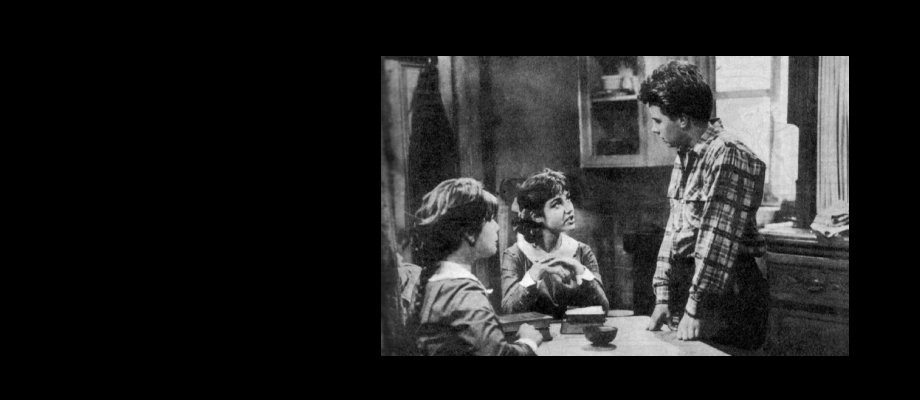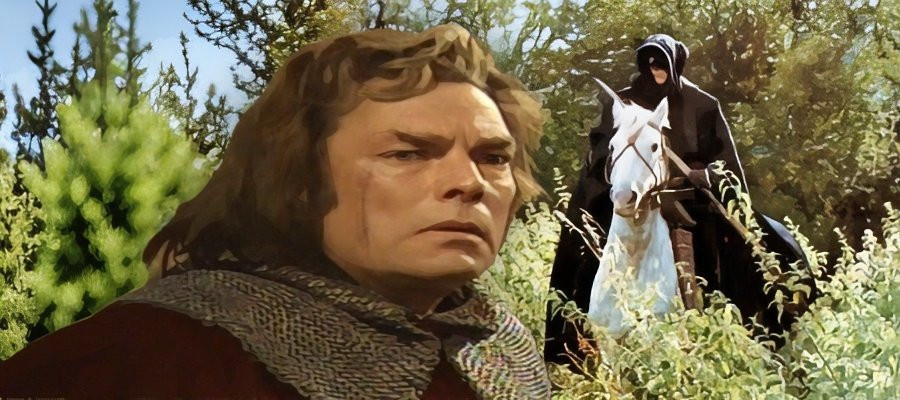
The Black Arrow
1972 - United KingdomSouthern Television’s 1972 adaptation of The Black Arrow, based on Robert Louis Stevenson’s swashbuckling adventure novel, is a moody, atmospheric piece of television that evokes not only the bloodstained feuds of the Wars of the Roses but also a now-vanished era of British TV teenage drama. Very much of its time, this seven-part serial brought the medieval to life with a blend of mystery, romance, and high-stakes adventure.
At its heart is the titular Black Arrow – a lone, masked vigilante whose purpose is to defend the downtrodden and strike fear into the hearts of grasping barons scrapping for power in 15th-century England. A figure of justice in a world of betrayal, he owes more than a little to the mythos of Robin Hood and the Lone Ranger. “He rides into town, settles differences, and rides out again,” the actor behind the mask told TV Times in 1972, refusing to give away his identity and relishing the enigma. “Robin had his gang of merry men,” he added, “whereas Black Arrow is alone.”
That air of mystery became a hallmark of the series, gripping viewers almost as much as the storyline itself. In fact, the identity of the actor portraying Black Arrow remained a closely guarded secret, and even as the series progressed, audiences were left uncertain. The revelation in series three that Richard Shelton – the young hero of the story – was in fact the man behind the mask only added to the confusion, given that he was clearly too young to have been Black Arrow in earlier episodes. This twist, while bold, left some viewers questioning the timeline, especially as Simon Cuff (who now played Shelton) had already appeared in a different role in the first series.
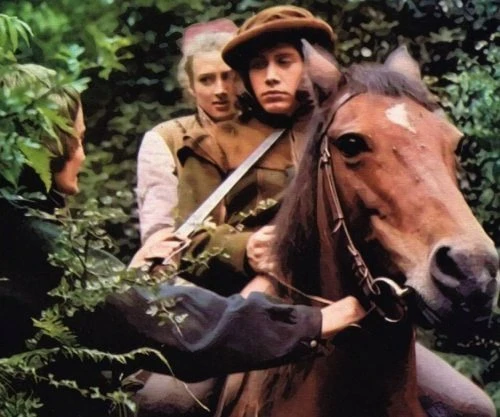
The original 1972 run starred 19-year-old Robin Langford as Richard Shelton, with Helen Stronge as Joanna Sedley, and Eric Flynn as the boisterous ally Will Lawless. Together, they represented the “good” side of the saga, standing in stark contrast to the malevolent Sir Daniel Brackley, played with grim authority by William Squire. The series also gave early exposure to future stars such as Sally James, later of Tiswas fame, and Nigel Havers, who would go on to become a household name in The Charmer.
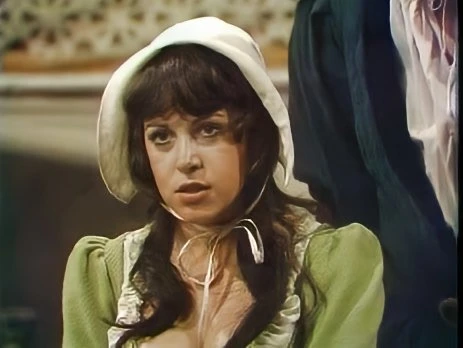
Based on Stevenson’s 1883 serialised novel The Black Arrow: A Tale of Tunstall Forest, published under the pseudonym Captain George North, the story follows young Dick Shelton as he seeks justice for his murdered father, wins his knighthood, and rescues his lady, Joanna, during the brutal conflicts of Henry VI’s reign. While Stevenson himself derided his own work as “tushery” – a self-deprecating term he used to mock its archaic language and formulaic style – the tale remains a stirring example of Victorian historical fiction, full of forest ambushes, shifting loyalties, and noble quests.
Despite its historical trappings, The Black Arrow feels like a relic from a different kind of television altogether – when children’s dramas were earnest, slightly stagey, and steeped in folklore and honour. Its return in 1973 for a second series, and eventually a third, shows that it clearly captured imaginations, even if it sometimes left those same imaginations scrambling to connect the plot’s many threads.
In retrospect, The Black Arrow stands as a compelling if sometimes perplexing slice of 1970s television – brave in its storytelling, bold in its mystery, and forever cloaked in the fog of legend. A show as elusive as its hero, and all the more intriguing for it.
Seen this show? How do you rate it?
Seen this show? How do you rate it?
Published on May 11th, 2025. Written by Laurence Marcus for Television Heaven.




